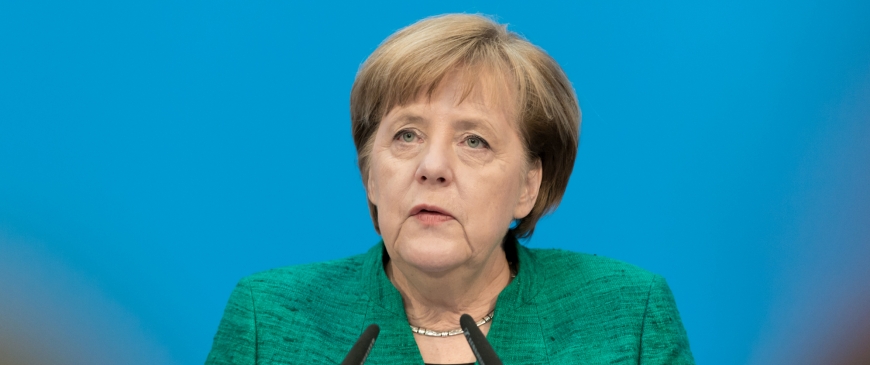
Judy Asks: Is Germany's political crisis dangerous for Europe?
Europe needs Germany to help the continent respond to external challenges such as the changes in the relationships with China and the United States, and to lead internal EU reform.
But Andrea Nahles stepping down as leader of the center-left Social Democratic Party (SPD) is just the latest episode of German politics in crisis mode. Berlin had to pause for six months to form a government after the last federal election in 2017 and never really pressed play again after that. With both parties in the governing coalition under pressure not to lose more voters, they are bound to take fewer risks on issues that require hard choices, such as climate change.
The issue runs deeper than party politics, however. After fifteen years of Chancellor Angela Merkel’s slow-and-steady leadership style, Berlin is struggling to respond to new challenges with new ideas. And on many EU reform proposals, it wasn’t political crises that held Germany back but a solid and long-standing consensus against issues like debt mutualization or a sizable common budget.
Europe cannot afford to give up waiting for German leadership; it has no alternative. So the new wild card to look out for is the Green party. While it is still unclear whether an early election will be called to propel the Greens into government, the party has a policy agenda that goes beyond climate issues. The Greens are already questioning Germany’s commitment to “black zero” budgets with no net borrowing, and calling for more investment. As Germany is trying to prepare for a post-Merkel future, the Greens might bring new momentum.
Sophia Besch is a research fellow at the Centre for European Reform.
Read full article here.
